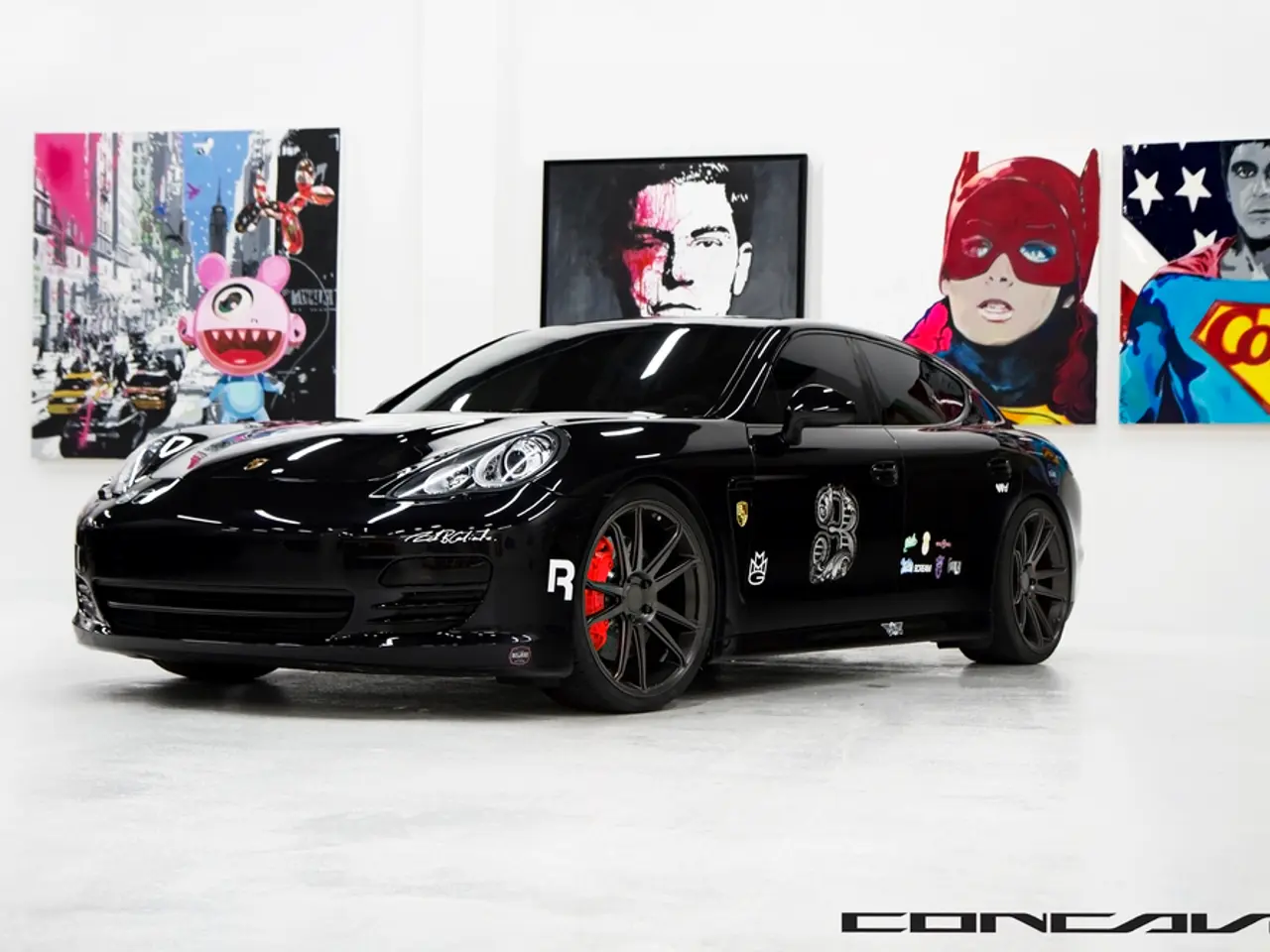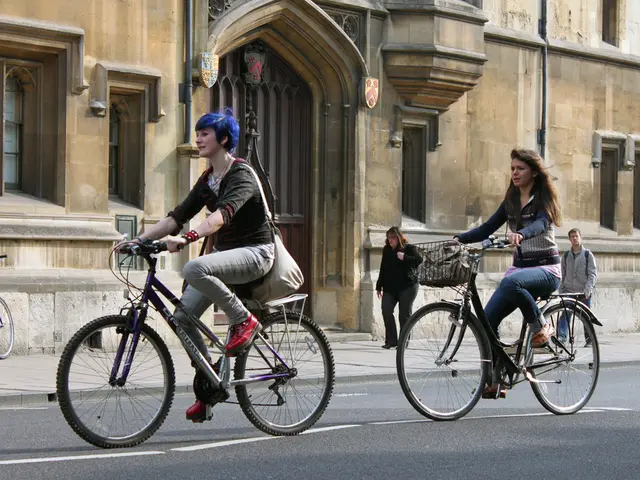Auto Industries Titans Grapple in Greenpeace's 2023 Evaluation
The environmental organisation Greenpeace has released a report emphasizing the need for the automotive industry to accelerate its transition to Zero Emission Vehicles (ZEVs) in order to combat the ongoing climate crisis effectively.
According to the report, traditional automakers have struggled to significantly boost ZEV sales outside China and Europe. However, in 2022, these same companies managed to sell 3.3 million ZEVs, marking an increase from 2.2 million units in the previous year.
Despite this progress, the report highlights that ground transport accounts for 17.9% of global emissions, with passenger vehicles remaining the largest contributors within the transport sector. This underscores the critical need for more ambitious decarbonisation targets and actions within the automotive industry.
The report also points out that the surge in SUV sales poses a major climate threat due to their high energy consumption. It calls for the industry to transition to electric vehicles more rapidly to mitigate this threat.
Greenpeace's findings highlight a critical juncture at which the automotive industry stands. The organisation calls for automakers to promote renewable energy charging and fast-track steel decarbonisation.
The report also criticises traditional automakers for a comparatively slow transition to electric vehicles. For instance, Toyota sold fewer than one in 400 vehicles as ZEVs in 2022, showing a slow transition to EVs. Mercedes-Benz, which underestimated the speed at which customers would switch to electric mobility, maintains a conservative approach with the continuation of combustion engine models like the A-Class until at least 2028.
Greenpeace demands an end to the sale of Internal Combustion Engine (ICE) vehicles in major markets before 2030 and in Europe by 2028. The organisation also advocates for a just transition that protects workers' benefits.
The report further emphasizes that consumer demand for EVs and regulatory pressures are causing traditional carmakers to lose market share to EV-focused companies. It highlights Mercedes-Benz and BMW as examples of traditional automakers that topped the 2023 rankings but are not aligned with the 1.5°C global temperature limit in their rate of increasing ZEV sales and phasing out ICE vehicles.
In 2022, the world's 15 largest traditional automakers sold 55.5 million fossil fuel vehicles, with these companies accounting for 94.4% of their total sales as fossil fuel vehicles. This underscores the need for the automotive industry to speed up the ICE phase-out.
The global transport sector's carbon emissions rose by 2.1% in 2022. Greenpeace's report underscores the critical need for more ambitious decarbonisation targets and actions within the automotive industry to align with the Paris Agreement and combat the climate crisis effectively.








